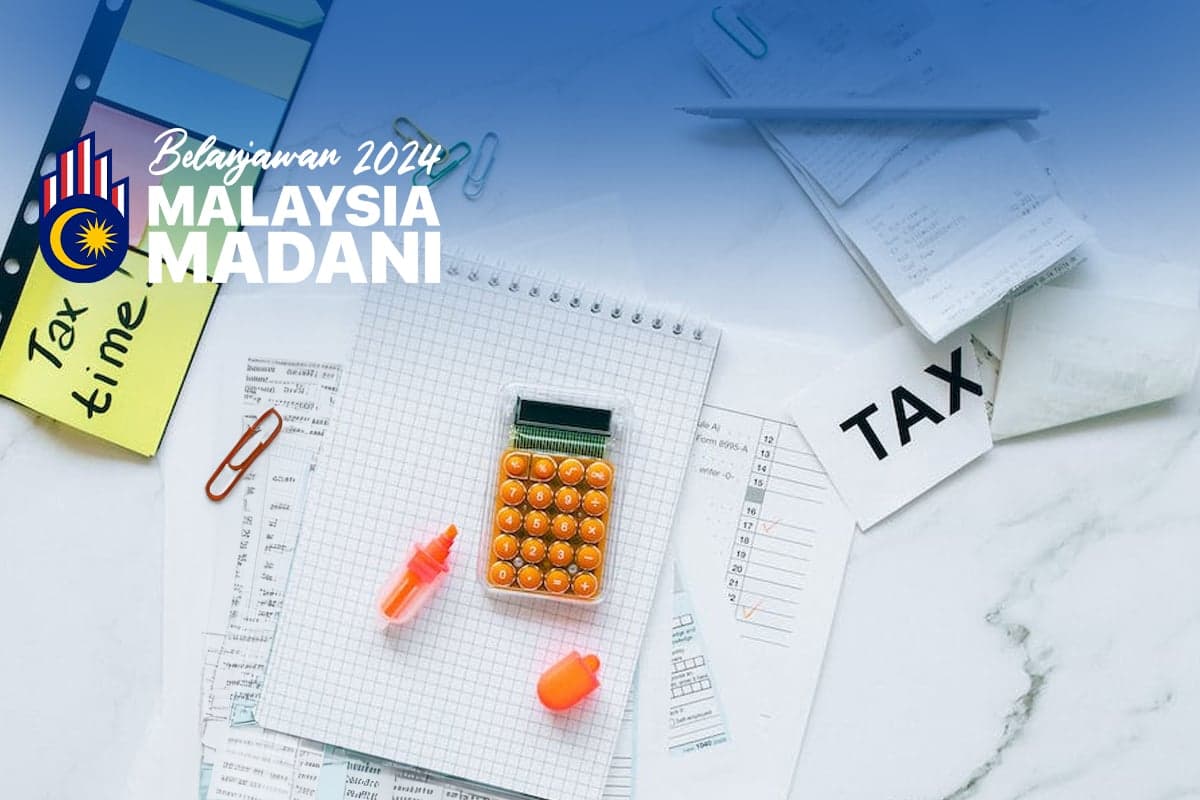
KUALA LUMPUR (Oct 16): The government needs to provide a "clear mechanism" on the implementation of capital gains tax (CGT) on profits from the disposal of unlisted shares to avoid double taxation, said KPMG Malaysia executive director and head of tax Soh Lian Seng.
“More clarity is required as people are not sure how the mechanism is going to work. People will then tend to think that it is a difficult system. So my advice is let's wait for the mechanism to be out.
“Currently, we have the real property gains tax (RPGT). I'm hoping that the details of the CGT mechanism that will be issued, should not have any duplication in terms of these two taxes,” he told reporters after the Financial Planning Association of Malaysia’s (FPAM) media roundtable on Monday.
Currently, Malaysia imposes RGPT on gains arising from the sale of real property, at a starting rate of 30%.
Additionally, Soh noted that CGT may have a short-term impact on mergers and acquisitions (M&A) because it would increase tax costs. However, he hoped that CGT implementation would provide certain partial exemptions for major transactions that could incentivise M&A activities.
“CGT may have a short-term impact in terms of M&A. Hopefully the mechanism that comes out may provide, perhaps, a certain partial exemption to some of the key potential transactions and with that, hopefully it will not deter any M&A initiatives,” he said.
Last Friday, Prime Minister Datuk Seri Anwar Ibrahim in his Budget 2024 tabling said the government will enforce the implementation of CGT on net profit derived from the disposal of local companies’ unlisted shares based on a rate of 10% beginning March 1, 2024.
Anwar, who is also finance minister, said the government will consider exemption of CGT on the disposal of shares related to certain activities such as approved initial public offerings (IPO), internal restructuring and venture capital companies subject to the stipulated conditions.
The CGT was first announced by Anwar in the revised Budget 2023 in February this year.
CGT is imposed in several countries in Southeast Asia, including Thailand (20%), Indonesia (22%), Vietnam (20%), Cambodia (20%) and Myanmar (10% for non-oil and gas sector).
Read also:
Highlights of Budget 2024
Full Budget 2024 speech
Go here for our comprehensive Budget 2024 coverage.
